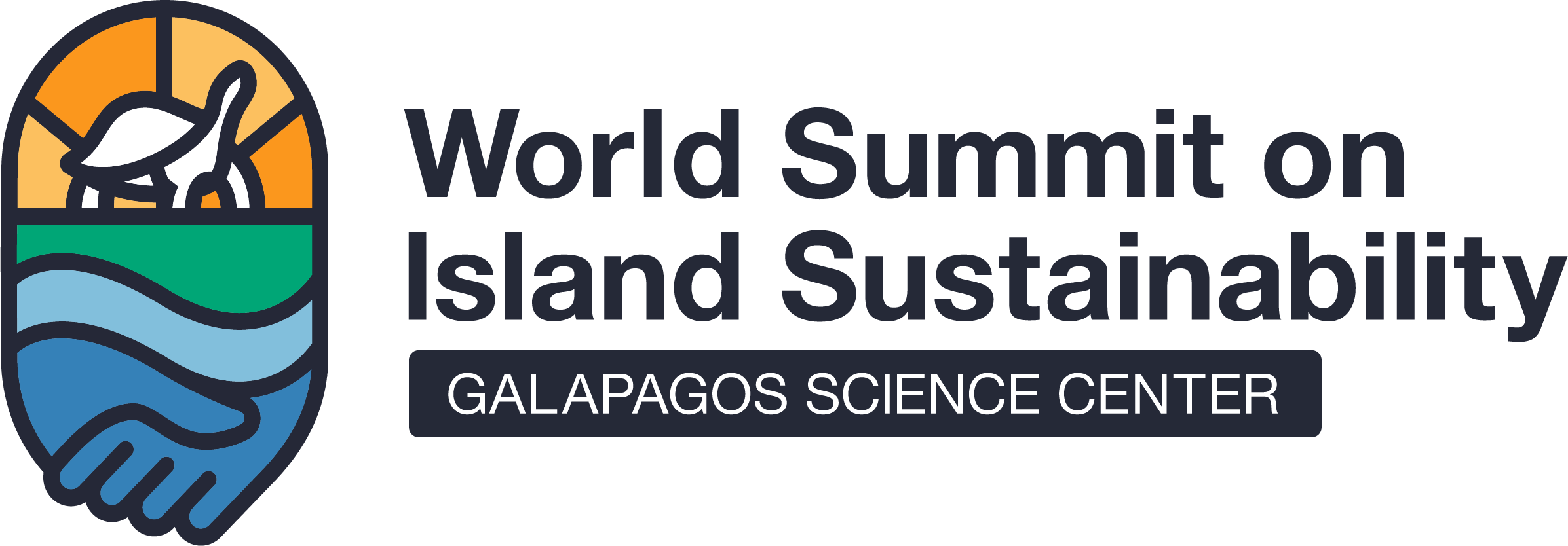Scientist Presentations
The World Summit brought together invited speakers from UNC, USFQ, and international partners to discuss how to ensure healthy island ecosystems for future generations. Please take a look at a variety of presentations below.
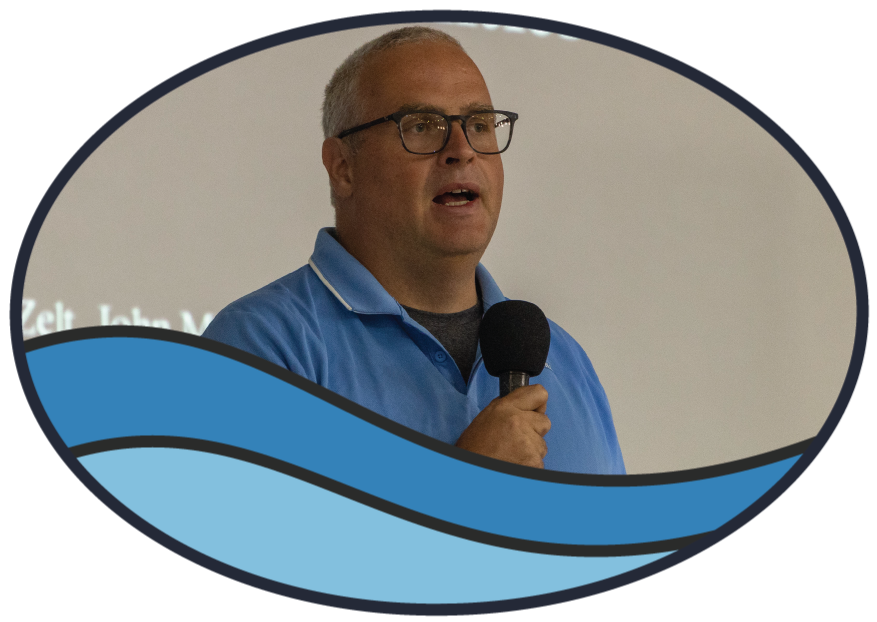
Robert Zelt
University of North Carolina at Chapel Hill
Cyberinfrastructure in Island Settings: Challenges and Opportunities
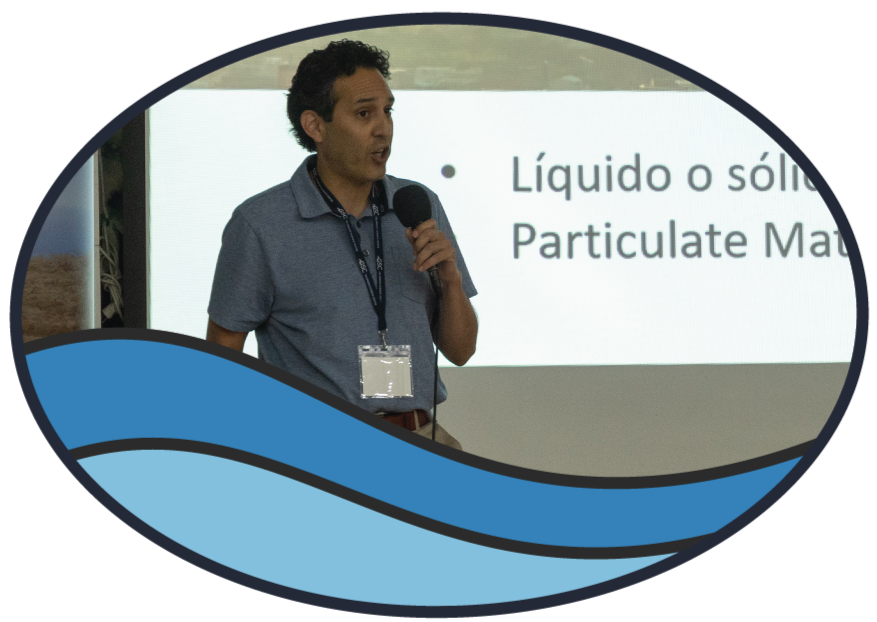
William Vizuete
University of North Carolina At Chapel Hill
The Galápagos Islands and the Fight Against Climate Change
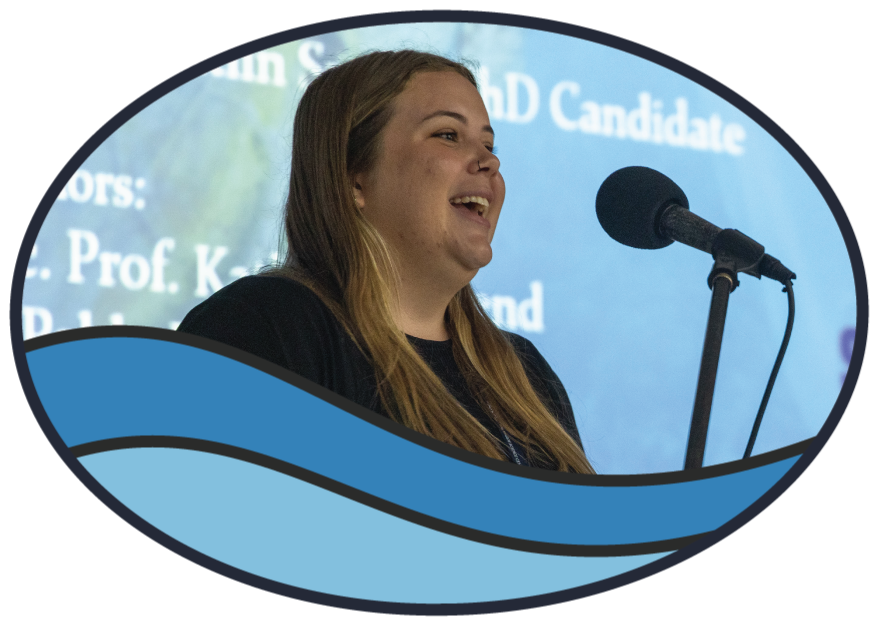
Caitlin Elizabeth Smith
University of the Sunshine Coast
Caitlin explains the state of health of sea turtle populations in relation to climate change and how they affect the sex ratio of this species. Sea turtles have been used as environmental indicators for decades, and can be used to observe the effects of environmental disasters such as cyclones, forest fires, and floods, and also to observe spatial and temporal changes in the ecosystem.
Establishing Comparable Health Baselines for Marine Turtle Populations
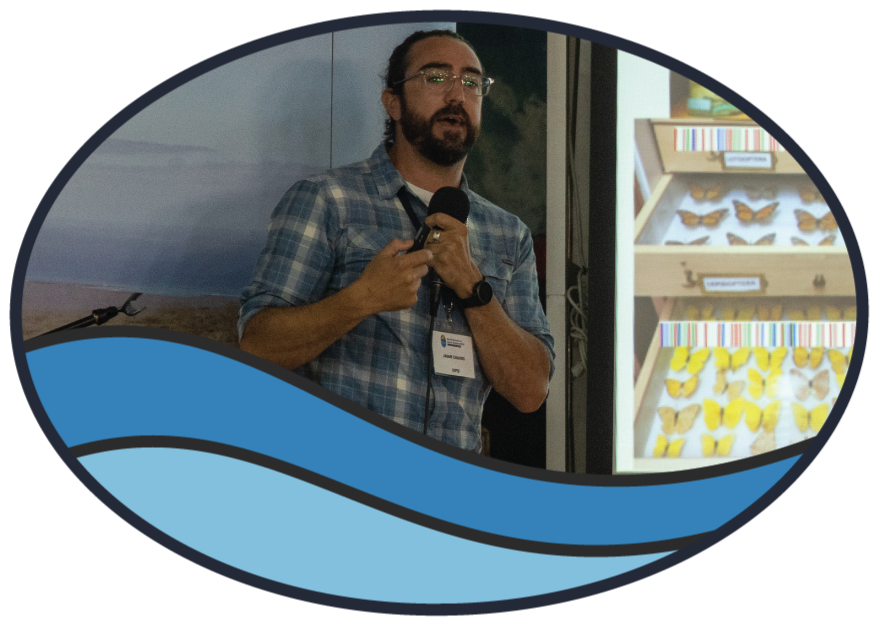
Jaime Chaves
University San Francisco de Quito
The Role of Scientific Collections and Public Museums in Island Conservation
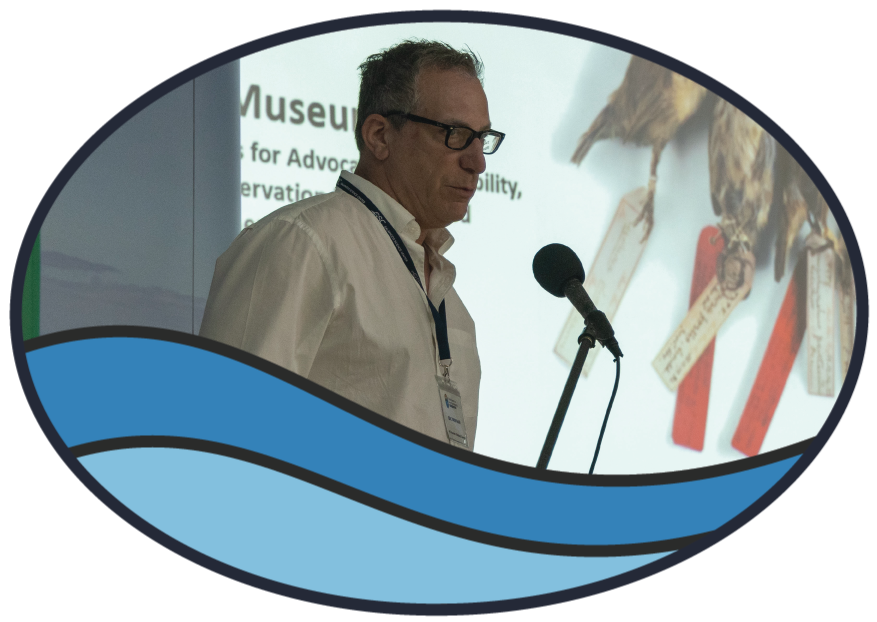
Eric Dorfman
North Carolina Museum of Natural Sciences
What contributions museums can make to conversation about island conservation
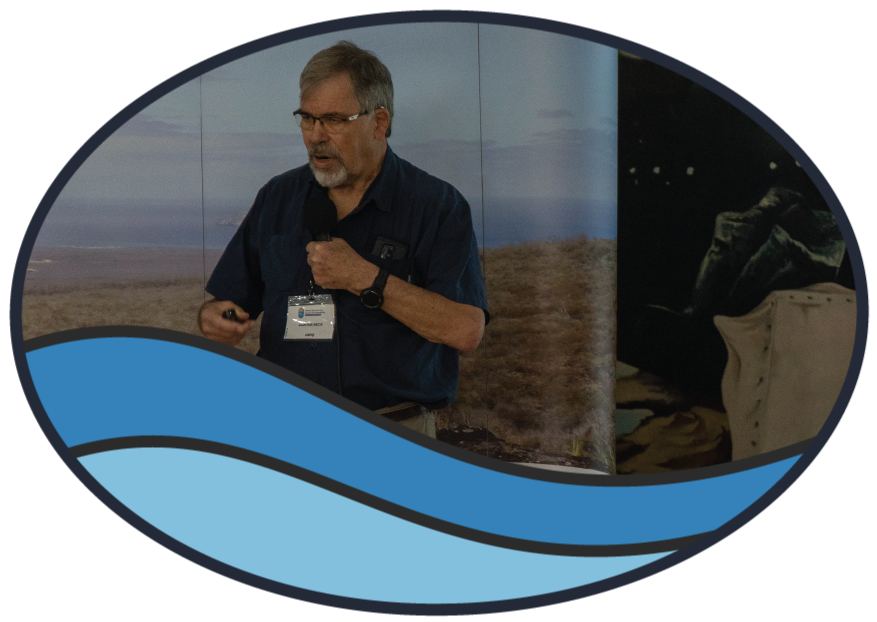
Gunter Reck
University San Francisco de Quito
Enhancing Sustainability of Wildlife Tourism in Galapagos
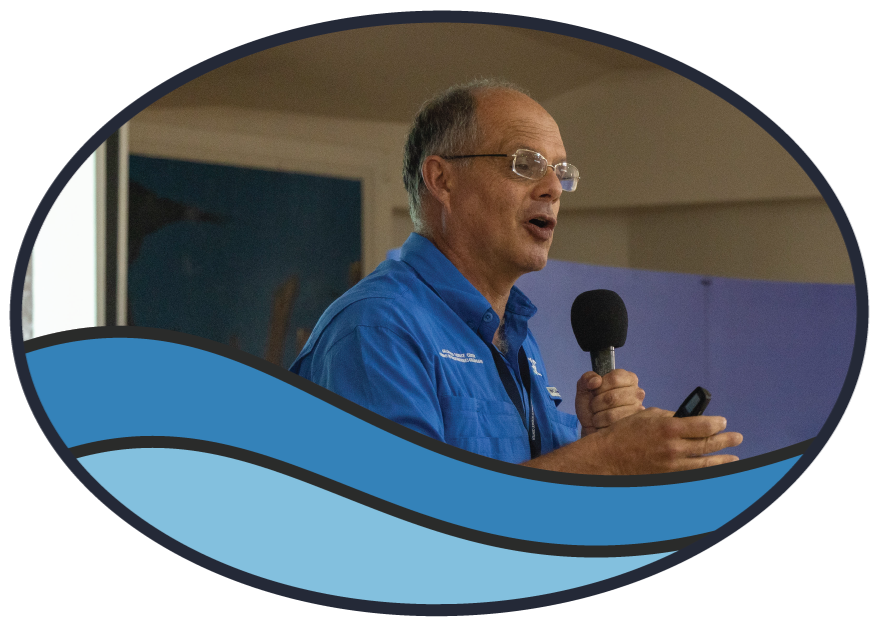
Diego Quiroga
University San Francisco de Quito
Diego tells us about the article he is preparing on wildlife trafficking in the Galapagos. In 2021, an attempt was made to smuggle 185 giant tortoise hatchlings leaving Baltra airport. Diego questions the value of the Galapagos Islands in the world.
Extraction of wildlife in the Galapagos
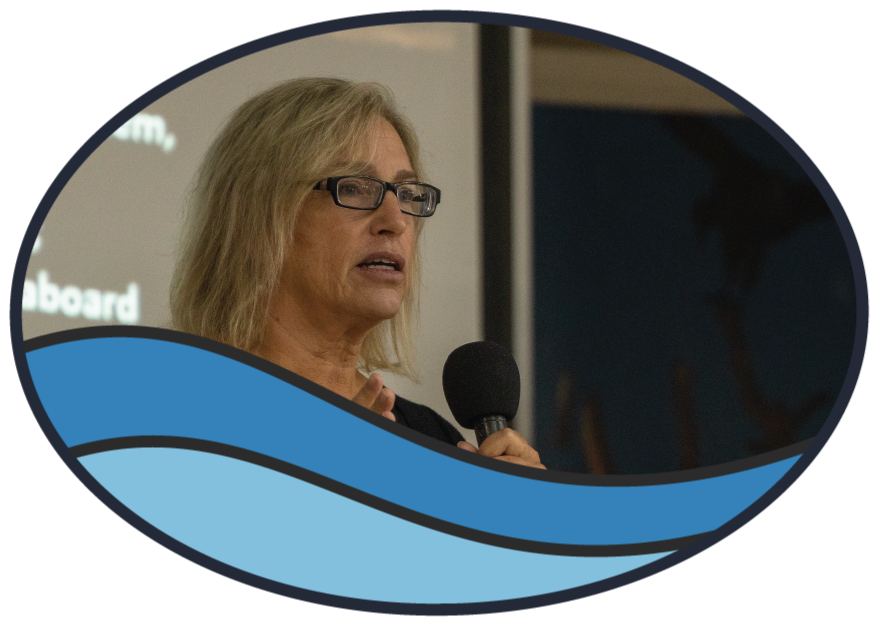
Ellen Prager
Earth2Ocean
In her talk, Ellen tells us about how science and sustainability are integrated and can be associated with cruise tourism in the Galapagos Islands. Ellen highlights the importance of sharing the stories of the locals to convey to tourists the social and wildlife conservation challenges facing the archipelago today.
Integrating Science and Sustainability in Galápagos Cruise Tourism
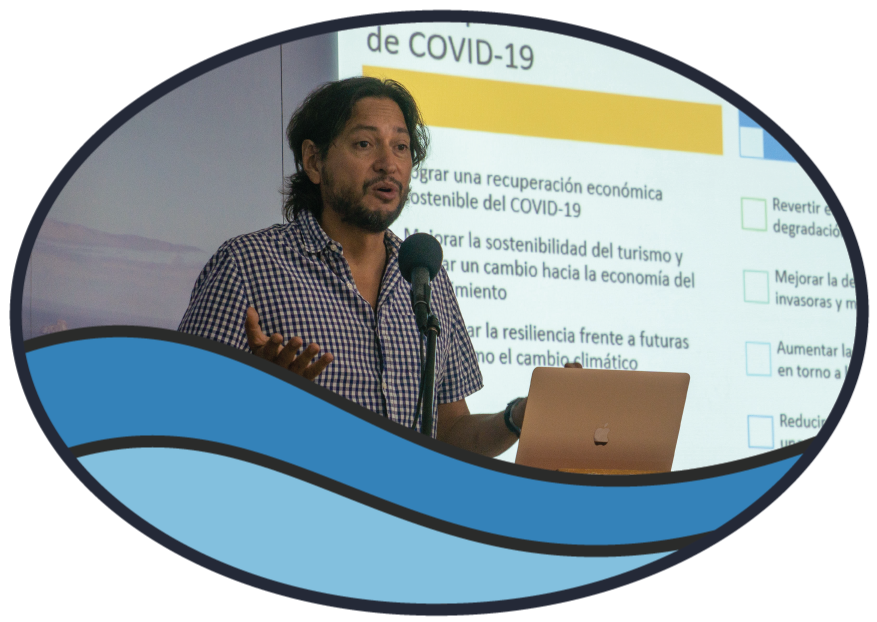
Norman Wray
Coordinator of the Galápagos Hub for Sustainability, Innovation & Resilience
Norman tells us in his talk about the strategies that were implemented on the islands to face the pandemic, from the creation of a laboratory to the management of containing contagion. The economic reactivation of the archipelago allows us not to forget what we have learned. Norman stresses the importance of preparing conservation economics for future problems.
What We Learn from COVID in Galápagos: Innovation Challenges on Sustainability and Resilience
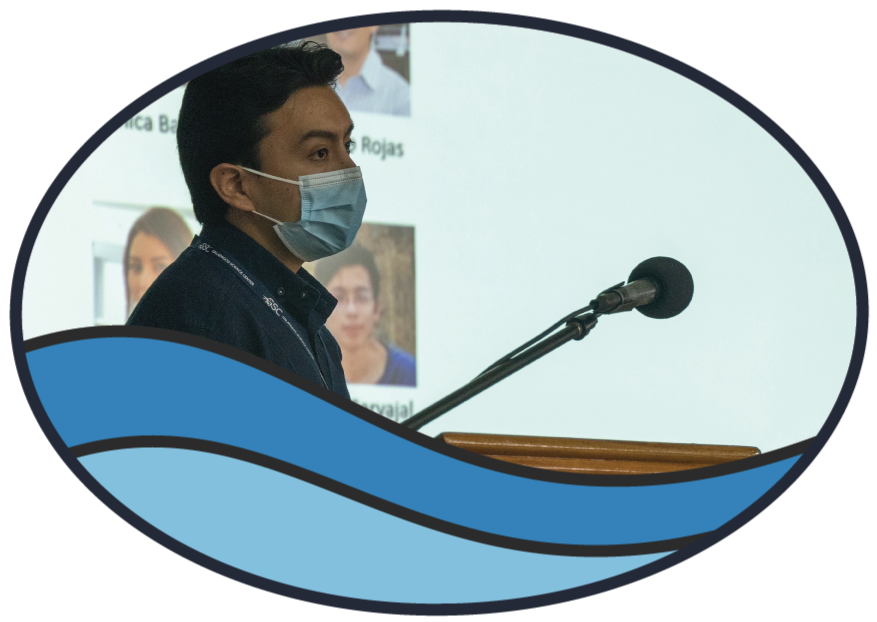
Rommel Guevara
University San Francisco de Quito
Rommel talks about the work carried out by the Institute of Microbiology on SARS-CoV-2 variants, together with new findings and their incubation time. Rommel highlights the importance of monitoring that has been developed since the beginning of the pandemic.
